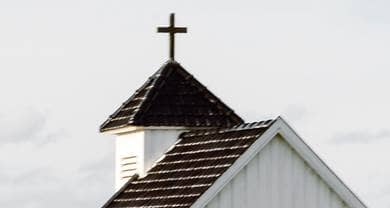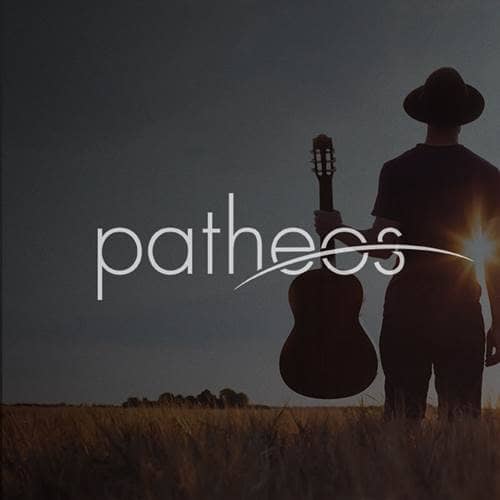- Trending:
- Pope Leo Xiv
- |
- Israel
- |
- Trump
- |
- Social Justice
- |
- Peace
- |
- Love

RELIGION LIBRARY
Methodist
Gender and Sexuality
Gender roles and views of sexuality, in Methodism, mirror the social contexts in which Methodists live, as they do for all Christians. But for practical as well as theological reasons, Methodists have given women larger leadership roles in the Church than some other denominations.
John Wesley was himself deeply influenced by his mother, Susanna Wesley. Her piety and her work leading classes in her home while her husband was away preaching made a mark on the young boy.
Because Methodism began not as a separate denomination but as an effort to re-invigorate Anglicanism, it could develop informal structures of leadership more open to women than in other institutions in Wesley's day. Wesley expected all Methodists to attend regular Anglican Church services and receive the sacraments there. He could therefore rely on non-ordained leaders to spread his movement. Because ordination was not an issue, more leadership roles were open to women.
Two of the most important facets of early Methodism that led to its success were the class and band meetings. These small groups (usually about twelve people) met regularly to encourage growth in fighting sin and increasing Christian perfection (especially the classes), and growth in personal piety (especially the bands). They were often led by lay people. Some of Wesley's earlier followers in London tried to exclude women from these groups, but Wesley let them know that he did "exceedingly disapprove" of women being excluded. Some of the most effective early leaders were women, including Sarah Crosby, Dorothy Downes, and Grace Murray. In 1787, over the objections of some of his male preachers, Wesley authorized Sarah Mallet to preach. Sarah Crosby, Hannah Harrison, Eliza Bennis, Mary Bosanquet, and Jane Cooper also functioned sometimes as preachers.
Methodism was ideally structured to succeed on the expanding American frontier. It did not require ordained clergy (with advanced degrees), only preachers willing to ride a circuit. While there were well-defined gender roles on the frontier, they were far more fluid than in urban settings, as everyone pitched in to perform the work needed for survival. This applied also to religion and to Methodism, women preaching and riding when necessary.
In America, the Methodist church approved full clergy rights for women in 1956. In 1980 the United Methodist Church consecrated its first female bishop, Marjorie S. Matthews.
Methodists are split on the question of homosexuality. Unlike denominations that are largely conservative (Southern Baptists, e.g.) or largely liberal (United Church of Christ, e.g.) Methodism (like the Presbyterian and Episcopal Churches) includes large blocks of liberals and conservatives.
The issues that raise discussion about homosexuality are the blessing of same-sex couples and the ordination of non-celibate homosexuals as pastors. There is not a middle ground on these issues-one either marries and ordains gays or one doesn't-and so they remain controversial and at times threaten a split within, for example, the United Methodist Church.
Currently, the United Methodist Church, the largest Methodist denomination, contains the following principles in its Book of Discipline:
- God's grace is available to everyone, regardless of sexual orientation. The Church is committed to full ministry for all people.
- The United Methodist Church stands for the basic civil rights of all people, regardless of sexual orientation.
- Marriage is a sacred union between a man and a woman, and same-sex unions will not be blessed in the Methodist Church.
- Self-avowed practicing homosexuals are not eligible for ordination.
- The practice of homosexuality is incompatible with Christian teaching.
- United Methodist funds may not be given to groups that promote the acceptance of homosexuality.
Some Methodists argue that decisions about the two issues of marriage and ordination ought to be left to each individual Conference, or congregation. Others argue that the Church should split, each side able to do what it thinks is required by God. For the time being, the issue comes up every four years at the General Conference, but there is little movement in any direction.
Study Questions:
1. How did Methodism's informal leadership benefit women?
2. How did gender roles influence women's role in leadership across America?
3. Why is there a split between the Methodist church in its affirmation/denial of the rights of homosexuals?
4. What does the United Methodist Church's Book of Discipline offer to the homosexuality debate? Is there possibility for change? Explain.










